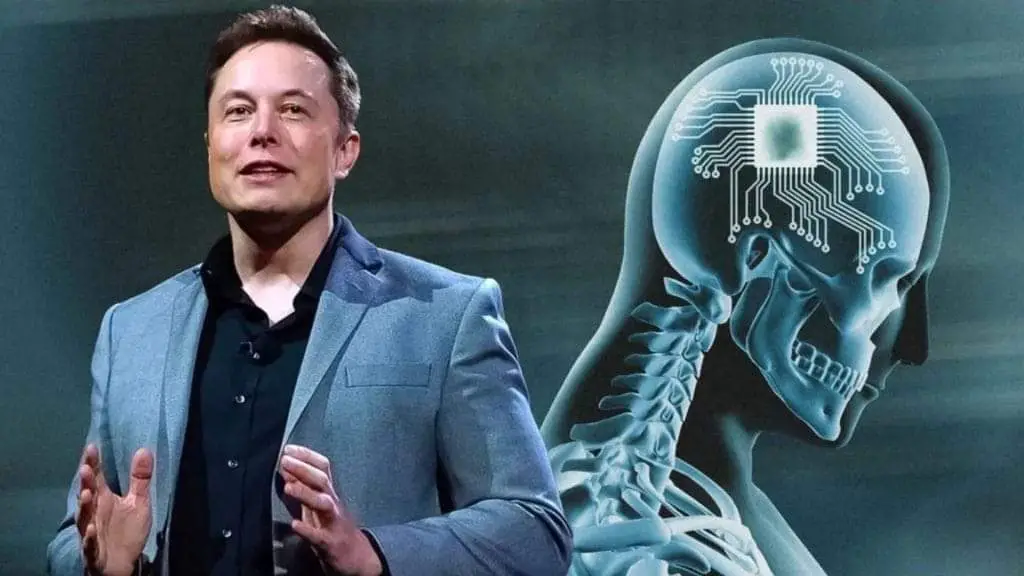In a remarkable leap forward in neurotechnology, Elon Musk’s company has unveiled a groundbreaking brain chip called “Blindsight.” This innovative device aims to restore vision for individuals grappling with complete or partial blindness, including those with non-functional optic nerves. The potential of this technology could transform lives in ways we’ve only begun to imagine.
What is Blindsight?
Blindsight is not just another gadget; it’s an advanced neural interface designed to bypass damaged visual pathways and directly stimulate the brain’s visual cortex. By doing so, it empowers users to perceive visual information without relying on traditional eyesight. This revolutionary technology holds the promise of changing the lives of countless individuals who have lost their sight due to various conditions.
How Does It Work?
At its core, the Blindsight device consists of a small chip implanted in the brain. This chip captures visual data from the environment and processes it in real-time. It then sends electrical signals to specific areas of the visual cortex, allowing the brain to interpret these signals as visual images. By bridging the gap left by damaged optics, Blindsight not only seeks to restore vision but also enhances users’ ability to interact with the world around them.
Who Can Benefit?
The primary beneficiaries of Blindsight include:
Individuals with Complete or Partial Blindness: Those who have lost their vision due to injury, disease, or congenital conditions.
People with Non-Functional Optic Nerves: Individuals who have healthy eyes but cannot see because of damaged optic pathways. For these users, Blindsight offers a glimmer of hope where traditional treatments have failed.
The Impact on Lives
The potential impact of Blindsight is nothing short of monumental. For many individuals, regaining sight can lead to increased independence, improved quality of life, and enriched social interactions. This technology could enable users to navigate their environments safely, recognize loved ones, and engage in everyday activities that were once impossible.
Ethical Considerations and Future Prospects
As with any revolutionary technology, ethical considerations surrounding Blindsight are critical. Key discussions about consent, accessibility, and the long-term effects of neural implants will shape its deployment. Ongoing research and clinical trials will be vital in assessing its effectiveness and safety, paving the way for potential widespread use.
Conclusion
Elon Musk’s Blindsight represents a significant advancement in the realm of neurotechnology, offering newfound hope to millions affected by blindness. By harnessing the power of brain-computer interfaces, this device has the potential to change lives and redefine the possibilities for those with visual impairments. As research continues, the future of vision restoration looks brighter than ever.


